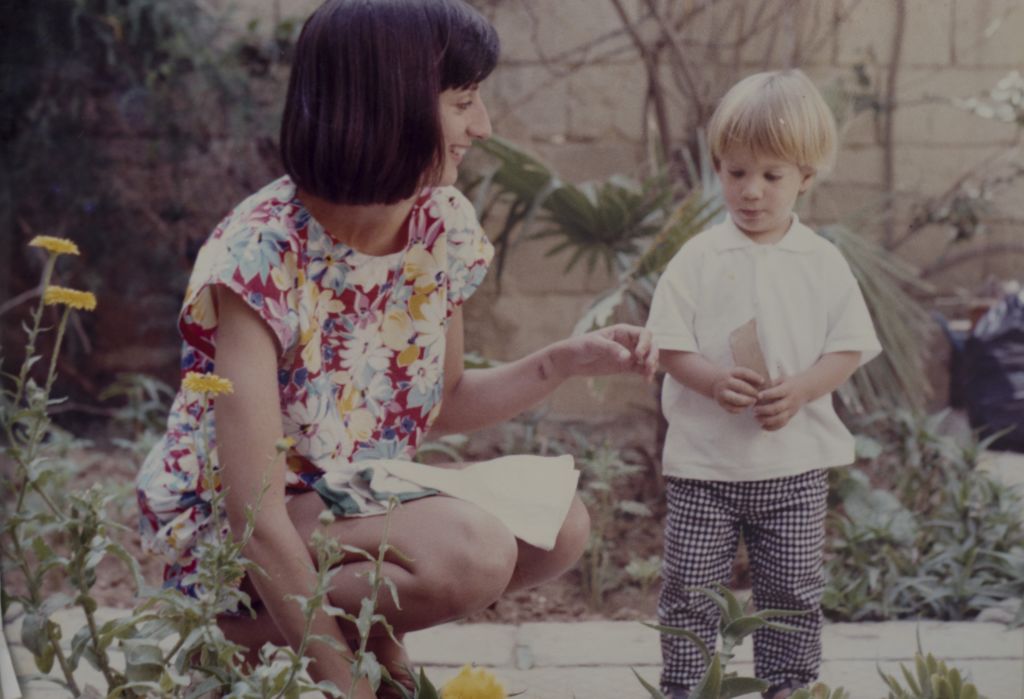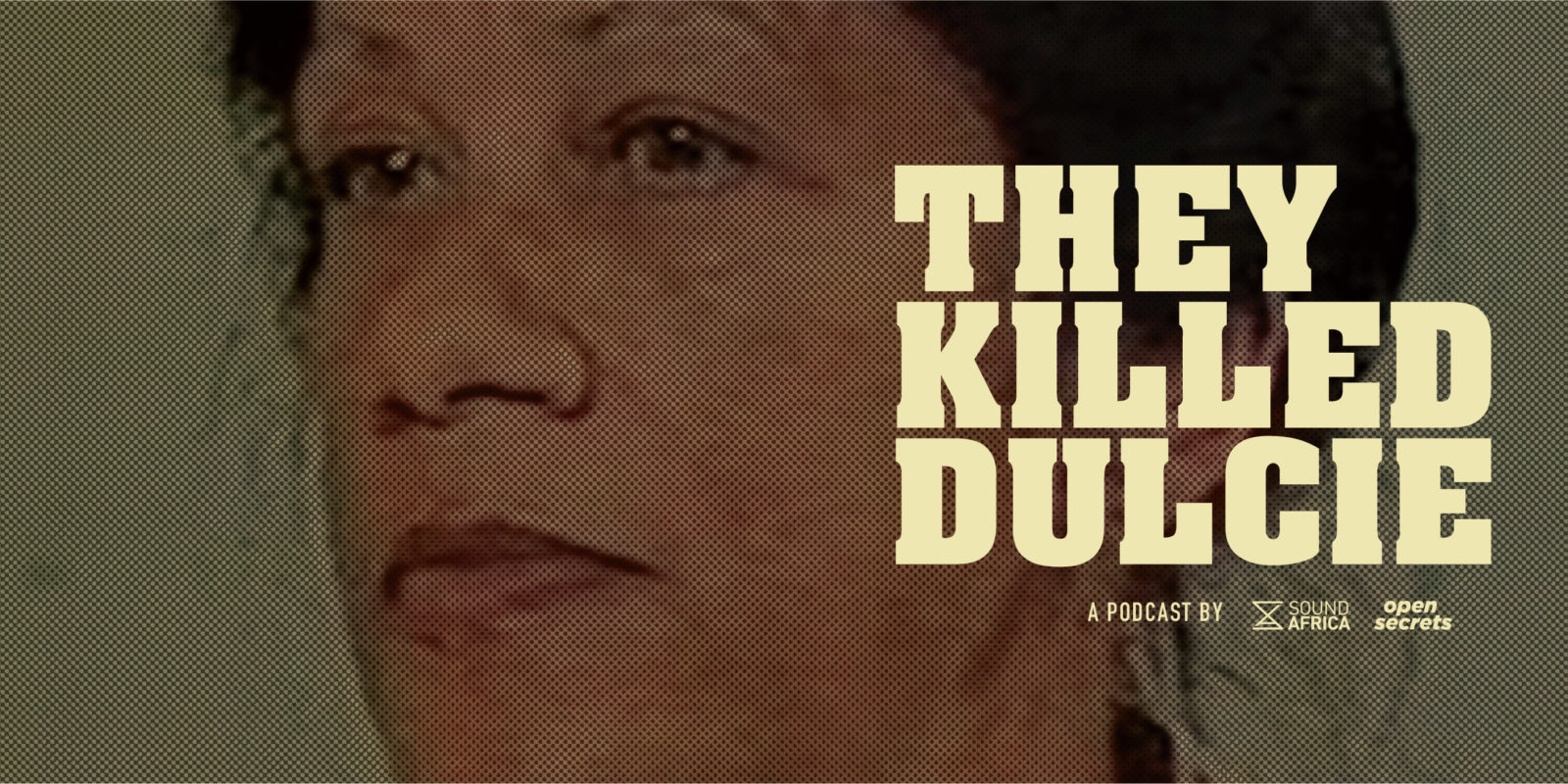
Speaking truth to power: Dulcie September and Daphne Caruana Galizia
by Neroli PriceThese podcasts pay homage to two women who stood up for what they believed in and paid with their life for uncovering the truth.
Dulcie September and Daphne Caruana Galizia were from different countries and different eras, but they both stood up for what they believed in: accountability and justice. This week, we take a look at two stories that examine why these women were murdered and what we can learn from their legacies.
My Mother’s Murder – Paul Caruana Galizia (Tortoise Media)

Length: 4 episodes, 30 minutes each
Format: Miniseries
Year: 2020
Listen on: Apple Podcasts, Spotify, Pocket Casts or any other podcast app or streaming service
On 16 October 2017 a car bomb killed investigative journalist Daphne Caruana Galizia just meters from her home in Bidnija in the north-west of Malta. At the time of her death, Daphne was looking into connections between leaks contained in the Panama Papers and high-level Maltese politicians. Uncertain that there would ever be full justice in the case, Daphne’s son, Paul, sets out to investigate. The result is this podcast.
At first, Paul’s tone is jarring. As a narrator, Paul sounds deadpan and emotionless as he describes how, in the years leading up to her death, his mother was chased by mobs, their family dog killed and their house set on fire in efforts to intimidate her. For someone so close to the action, he sounds remarkably distant. Then slowly, you start to realise that Paul and his family were never afforded the right to grieve in private. Daphne’s murder was political and so their grief became political too. To honour her legacy, the family’s pain becomes an opportunity to speak out and to start something extraordinary in Malta: the beginning of accountability in a country where for so long those in power could literally get away with murder.
Unlike in South Africa, Malta doesn’t have a long history of protest action and civil disobedience. But in real time in this series, you hear the beginnings of one start to emerge in the wake of Daphne’s murder. By the end, we hear crowds of protesters gathering at parliament, throwing eggs at ministers’ cars with shouts of “Mafia!” “Shame!” and “Assassini!” It’s an awakening of people’s power caught on tape.
Throughout it all, Daphne still isn’t silent. Her voice weaves throughout the podcast, taken from the last interview she gave before she died. She is still haunting the powers that be in Malta. In the wake of her death, 45 journalists from around the world banded together to create The Daphne Project to continue her investigative work. At the end, Paul reminds himself and us that “corruption kills, that evil will always win unless you fight it. And that one woman and a laptop, as they called her, can change everything.”
***
They Killed Dulcie – Sound Africa & Open Secrets*

Length: 7 episodes and 1 bonus episode, 30 minutes each
Format: Series
Year: 2019
Listen on: Apple Podcasts, Spotify, Pocket Casts or any other podcast app or streaming service
On 29 March 1988, Dulcie September was murdered in Paris. At the time of her death, Dulcie was the ANC Chief Representative in France, Luxembourg and Switzerland and the only high-ranking ANC member to be assassinated outside southern Africa. To this day her murder has never been solved. They Killed Dulcie is an investigation into why she had to die rather than who pulled the trigger. What were the systems that Dulcie posed such a threat to that they had to remove her? And what did her investigations into illegal weapons deals between French arms companies and the apartheid state have to do with her death?
The podcast is based on years of extensive research by anti-corruption NGO Open Secrets that informed Hennie van Vuuren’s 2017 book Apartheid Guns and Money: A Tale of Profit. Using this research as the basis for the podcast series, Sound Africa’s reporters interviewed Dulcie’s friends, family and comrades from Cape Town to Paris. The series focuses on bringing Dulcie to life rather than simply reducing her to her death. For example, each episode begins with the reading of a postcard Dulcie sent her family from exile. Her words are the first thing we hear at the start of each episode. The story is as much about exposing those in power who sought to erase her and about undoing that erasure.
The show uses music to create a sense of place with Cape jazz the soundtrack to Dulcie’s life in South Africa before exile and the drama of Swan Lake playing under the investigations in Europe. It’s a home-grown podcast with international reach – a show about an incredibly principled activist who never shied away for standing up for what she believed in. It’s also a look at the nefarious powers who were responsible for her murder. The arms companies who continue to do business in a democratic South Africa and the apartheid politicians and spies who have never been held accountable. In episode 2, we hear from Craig Williamson, whose casual demeanour when talking about his past crimes is chilling and indicative of the impunity he and many others continue to enjoy in post-apartheid South Africa.
This series is part of making sense of our recent past and the legacy of apartheid that continues to haunt South Africa. As the intro to the series sums up, “The past is made up of fragments, you’re never quite sure which will be important.”
If you’d like to hear more about the series, you can listen to Lester Kiewit interview the producers of They Killed Dulcie here and here.
If you’re wondering how to listen to these audio gems, local podcast organisation Sound Africa has prepared a handy guide to show you how.
Happy listening! DM/ ML
*Disclaimer: The author was peripherally involved in the production of this series.

- ANC
- anti-apartheid struggle
- Apartheid
- arms deals
- Corruption
- Dulcie September
- Investigative journalism
- Panama Papers
- podcasts
- review
Neroli Price
Comments - share your knowledge and experience
Please note you must be a Maverick Insider to comment. Sign up here or sign in if you are already an Insider.